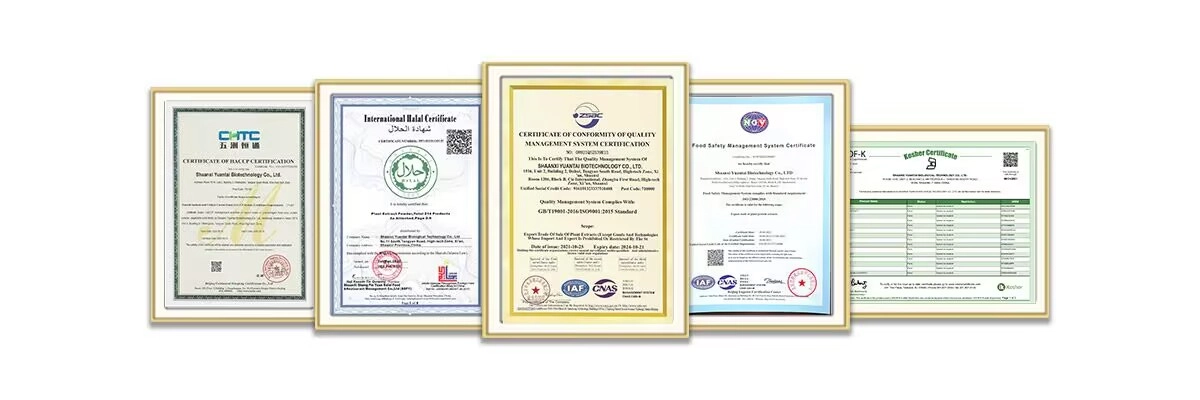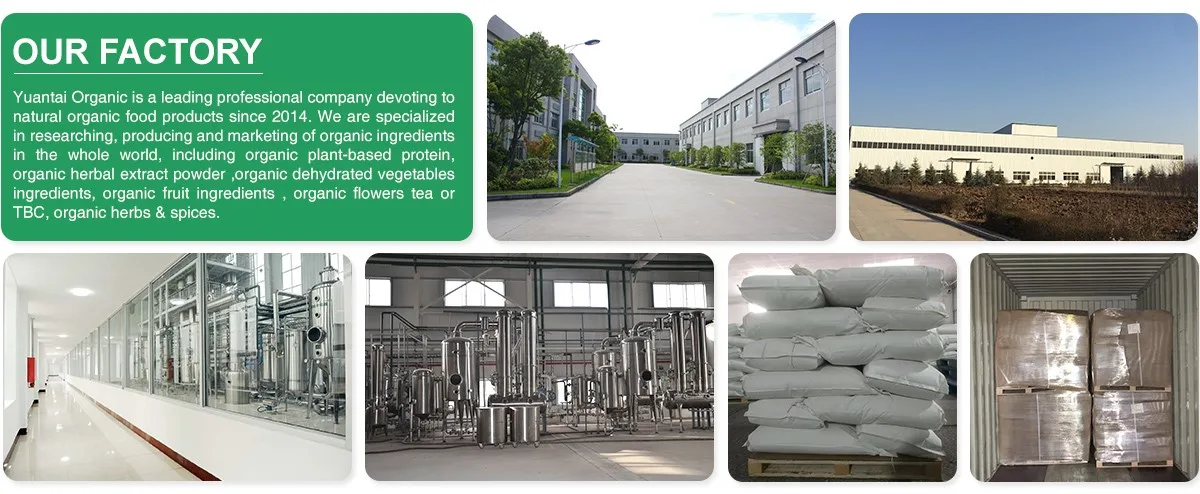Phenethyl caffeate
EINECS:627-151-0
Molecular formula: C17H16O4
Molecular weight: 284.31
Melting point: 127-129℃
Boiling point: 498.6±45.0 °C(Predicted)
Density: 1.266±0.06 g/cm3(Predicted)
Purity: 98%
Certification: EU&NOP organic certificate, ISO9001, ISO22000, Kosher, Halal, HACCP
Delivery speed: 1-3 days
Stock: In stock
Payment method: T/T, VISA, XTransfer, Alipay...
Transportation: DHL.FedEx, TNT, EMS, SF, sea freight, air freight
- Fast Delievery
- Quality Assurance
- 24/7 Customer Service
Product Introduction
What is Phenethyl caffeate?
Phenethyl caffeate, referred to as CAPE, is a major active ingredient in propolis. Propolis, a natural substance collected and produced by bees from various plants, contains more than 20 categories and more than 300 chemical components, mainly including flavonoids, phenolic acids, terpenes, etc. Therefore, propolis has a wide range of biological activities, such as antibacterial, antifungal, antiviral, liver protection, cytotoxicity, and promotion of tissue regeneration. Propolis is widely used in health foods, medicines, animal husbandry and veterinary medicine, and clinical applications. In recent years, research has further expanded to the use of ulcers, heart diseases, diabetes, and other aspects of the gastrointestinal system.

CAPE pretreatment can inhibit oxidative stress and promote the transformation of hippocampal microglia from M1 to M2, thereby improving cognitive impairment caused by anesthesia and surgery. Further studies have shown that CAPE pretreatment upregulated the expression of Sirt6/Nrf2 in the hippocampus after anesthesia and surgery. In addition, the mechanism study of BV2 cells showed that the effective effect of CAPE pretreatment on reducing ROS generation and promoting protective polarization was attenuated by a specific Sirt6 inhibitor OSS_128167.
Effects:
1. Immunomodulatory and anti-inflammatory effects
It has anti-inflammatory effects on acute and chronic typical inflammation, formaldehyde-induced and antigenic enhancer-induced arthritis, edema inflammation or air sac inflammation induced by carrageenan and prostaglandin E2, and cotton granuloma transplantation. In addition, CAPE also has an immunomodulatory effect, which can change the cell structure of the immune organs thymus and spleen in the inflammatory body, while reducing the weight of the thymus, and CAPE can directly or indirectly reduce the number of T cells.
In some medical studies, propolis caffeic acid phenethyl ester is used as an auxiliary treatment for certain inflammatory diseases. For example, in the treatment of arthritis, the use of preparations containing propolis caffeic acid phenethyl ester can relieve the pain and swelling caused by joint inflammation to a certain extent and improve the quality of life of patients.
In the field of skin health, propolis caffeic acid phenethyl ester also shows unique value. Experiments have shown that its application in the repair of certain skin inflammation or damage can promote the regeneration and repair of skin cells, accelerate the healing of wounds, and restore the skin to a healthy state faster.
2. Antioxidant effect
The structure contains catechol structure and is a strong antioxidant. A large number of studies have shown that CAPE can completely block the production of active oxidative substances in neutrophils at 10uM and block the xanthine oxidase system. Studies have found that the main antioxidant components in propolis are CAPE, caffeic acid, quercetin, campheneol, galangal and caffeic acid cinnamyl ester. Propolis containing CAPE has stronger antioxidant activity than propolis without CAPE, and the activity of CAPE is stronger than that of galangal, indicating that CAPE is an important component of antioxidant effect. Ozyurt et al. studied the antioxidant activity of propolis extract on acute renal injury in rats and showed that the antioxidant effect of propolis extract is better than VE, and CAPE is one of its main components. Through the study of the effect of CAPE on lipid peroxides in the serum of burned rats, it was found that CAPE may reduce the consumption of SOD by removing active oxidative substances and inhibiting the activity of xanthine oxidase (XO) and NOS, thereby playing an antioxidant role.
3. Cardiovascular regulation
Caffeic acid phenethyl ester has the possibility of dual mechanism of action on blood vessels. On the one hand, it activates NO release at low concentrations, and on the other hand, it can block the exchange of calcium ions inside and outside cells at high concentrations. These results suggest the potential value of CAPE and propolis in prevention, which can effectively avoid complications after resection of thoracic and thoracoabdominal aorta.
It is an active phytochemical extracted from propolis and a variety of medicinal plants. It shows a wide range of properties, especially antioxidant, anti-inflammatory and anti-apoptotic. Several studies have revealed the potential protective effect of CAPE on neurodegenerative diseases. Specifically, CAPE alleviates cognitive impairment by regulating the activity of glycogen synthase kinase 3β in AD mice.
Aimed to evaluate whether caffeic acid phenethyl ester can alleviate cognitive impairment after anesthesia and surgery in aged mice and its potential underlying mechanisms.

Formulation
Capusle Formulation

Tablet Formulation

Solid Drink Formula

Certificates
YTBIO is developing in an all-round way. We have our own factory, quality inspection and R&D team. We are committed to providing customers with the best quality Phenethyl caffeate and services. It is our original intention to let every consumer enjoy high-quality and healthy products. If you have any needs or questions about our products, please feel free to contact us and we will reply you as soon as possible.

Packaging and Shipping


Our Company and Factory

_1737093401309.png)

